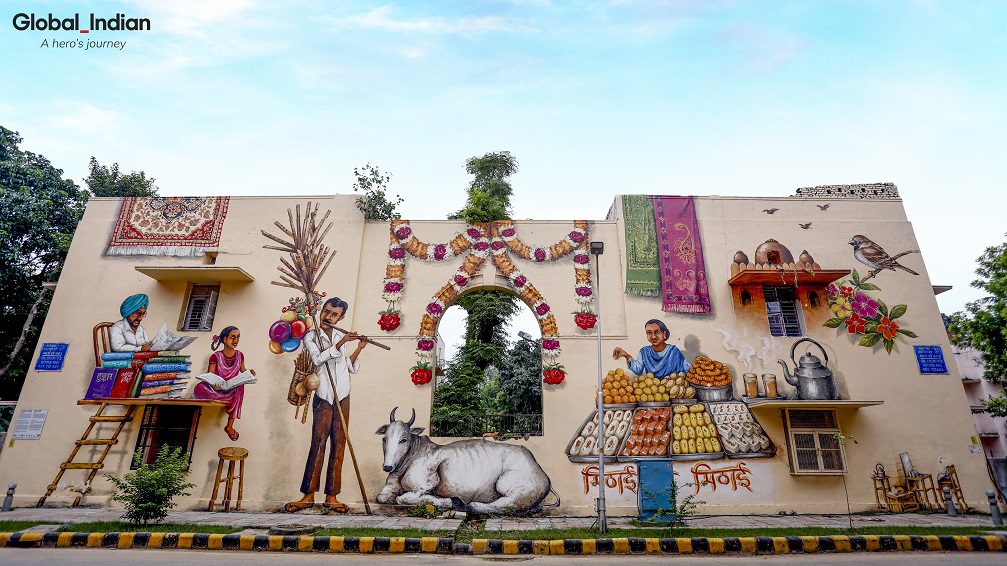(October 31, 2021) Tashi and Nungshi Malik, Indian athletes, love to live life on the edge. Years ago, when the two mountaineers were caught in the longest snow storm at an altitude of 14,000 feet at Denali, the highest mountain peak in North America – and temperatures dipped to minus 40 degrees – nothing worried them more than the possibility of having to abort their attempt to summit the peak. Determined to go through with their plans, they spent a week inside their tiny tent waiting for better weather. Most other climbers began to descend, but giving up was not an option. The two Indian mountaineers took a huge gamble and decided to ascend. Dodging danger at every step as they delicately negotiated crevasses and steep slopes, they finally managed to summit on June 4, 2014.
For Tashi and Nungshi – the first siblings, twins, and Indian athletes to climb the Seven Summits and reach the North and South Poles – impossible is nothing. The tougher the challenge, the better for them. If climbing Mount Everest had put them in the list of good climbers, their success at Denali firmly established them as professional and seasoned climbers.
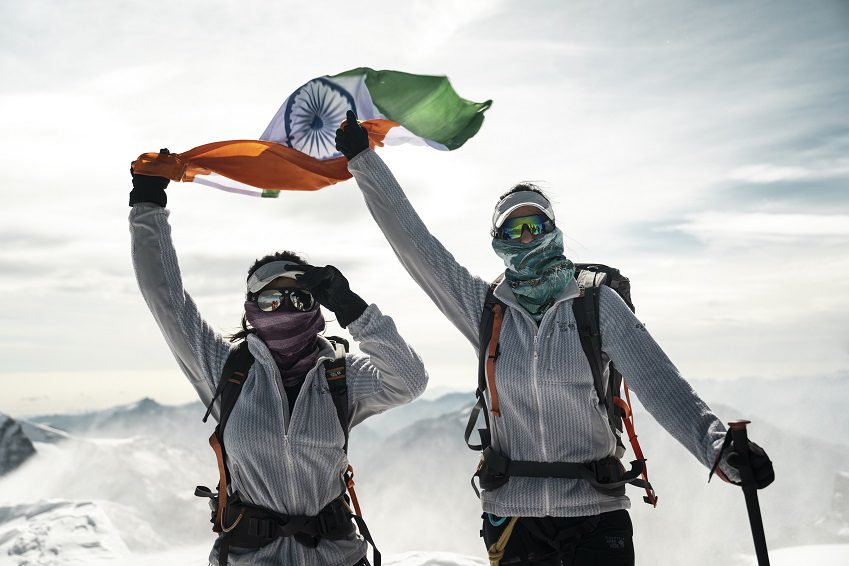
“That feeling when we finally stood on top of North America cannot be described,” smile Tashi and Nungshi, settling down for an exclusive interview with Global Indian. Denali is considered to be the third most isolated peak on Earth after Mt Everest and Mt Aconcagua.
Journey to the top
Climbing mountains was never in the scheme of things until their father Col Virendra Singh Malik enrolled the then 12th graders into the basic mountaineering course at Nehru Institute of Mountaineering (NIM) in Uttarkashi. Their father, who’d himself led several dangerous missions, believed that it was exposure to physical danger and challenges that would put one in touch with their true selves.

As Army kids, Tashi and Nungshi were exposed to the outdoors quite early in their childhood. At age 7, they parasailed (tied with a shawl to their father’s back), and went river rafting and skiing as well. Originally from Anwali village in the Sonepat district of Haryana, the Maliks settled down in Dehradun after Col Malik’s retirement. Incidentally, the sisters, who were born in 1991, went to nine different schools across the country what with their father’s frequent transfers.
During their training sessions, the instructors were very impressed with the Malik sisters’ grit and motivation and would encourage the siblings to target Mt Everest and become Indian athletes. “It was very different from the typical classroom learning and ‘routine’, less challenging physical activities that our school and college life offered. Being girls in predominantly male-dominated courses boosted our sense of pride and achievement tremendously,” say the sisters.
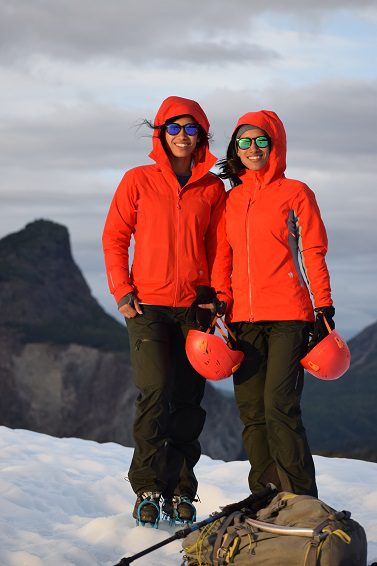
First step upwards
Their mother, though, had her own misgivings about their quest to scale Mt Everest. It was only after much persuasion that she agreed. Tashi and Nungshi scaled Mount Everest on May 19, 2013, becoming the first twin sisters to do so. “We decided to climb Everest because conquering the highest peak symbolizes our ability to dream big and to achieve those dreams. As Sir Edmund Hillary put it ‘We do not conquer the mountain, but ourselves,’” smiles Tashi.
By August 2013, the sisters participated in “Climbathon 2013” where they scaled a virgin peak at 21,000 feet, which was funded by the Indian Mountaineering Foundation. On December 16, 2014, after climbing Mount Vinson in Antarctica, they became the world’s first twins, siblings, and Indian athletes to scale the Seven Summits together. In July 2015, they completed the “Explorers Grand Slam.” Thereafter, they completed the “Three Pole Challenge.” In September 2019, the sisters led the Indian “Khukuri warriors” in the World’s Toughest Race: Eco-Challenge Fiji” that pitched 66 teams of adventure athletes from 30 nations against the forces of Nature and against each other. They were the first and only South Asians to participate in this global adventure that spanned 671 kilometres of rugged Fijian landscape, ocean, rivers, lakes, and jungles.
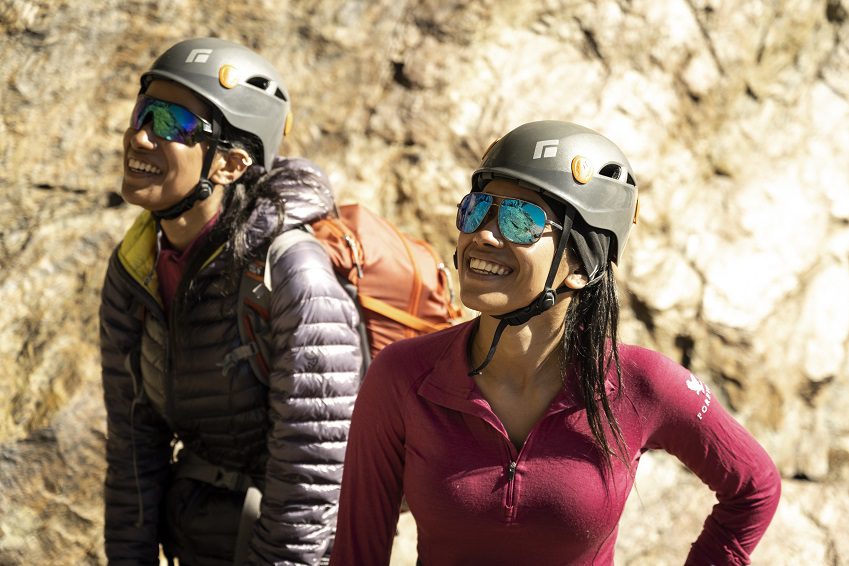
Road ahead
So what else is left to conquer? “We plan to embark on a four-year epic journey which will allow us to do full length ski over 5,000 km of Antarctica, Arctic, Patagonia and Greenland – one ice cap each year starting with Greenland. At the moment, it has been stalled due to inadequate funding. We also want to discover more of the Swiss Alps, especially the Matterhorn,” smile the mountaineer duo. Presently in Switzerland, where their day starts at 4 am, Tashi and Nungshi have already scaled three peaks – Breithorn, Riffelhorn, and Allalinhorn. “Among the three, Riffelhorn was our first multi-pitch peak and was definitely a challenge for us,” they say.
The twins say they constantly train their mind to rule the body. “We strongly believe that when the body tells ‘give up’, the mind can command ‘get up’. The desire to achieve our goal is far stronger than the fears and risks in its pursuit,” says Tashi. This, backed by their inspiration to champion the cause of the girl child and the belief that their success will positively impact millions of girls in India and elsewhere fuels their determination.
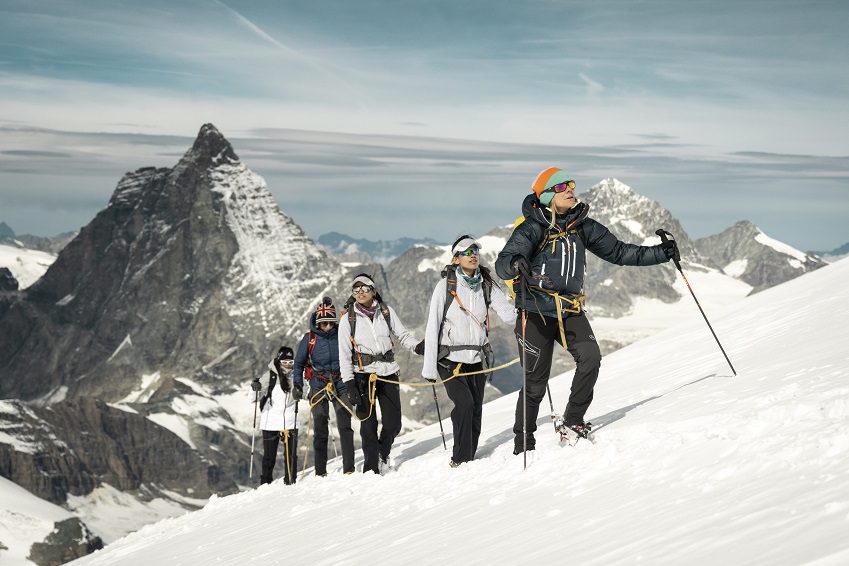
Mottos to live by
One of the basic mottos they follow before attempting any of the high peaks is ‘preserve energy’. When climbing high altitude, mountaineers tend to lose energy at a rapid rate. “During the Everest attempt, we lost 12 kgs each in two months. In each of the other climbs, we lost 4-5 kgs. Since the intervening gap between two climbs has been just about two months, there is very little time to recoup and regain some weight,” informs Nungshi.
Both undergo strength training, aerobics, and endurance and it is these exercises that become progressively strenuous and challenging as the climb gets closer. Tashi says that pushing themselves physically and mentally enables them to gain emotional strength and in turn, develop the mental toughness. “Nature is all powerful and you realize it when attempting to summit a high mountain. You become aware of your vulnerability and insignificance. A small shake of a mountain (avalanche) can easily send you into oblivion. The quietness and remoteness add to the sense of loneliness and fear,” says Tashi.
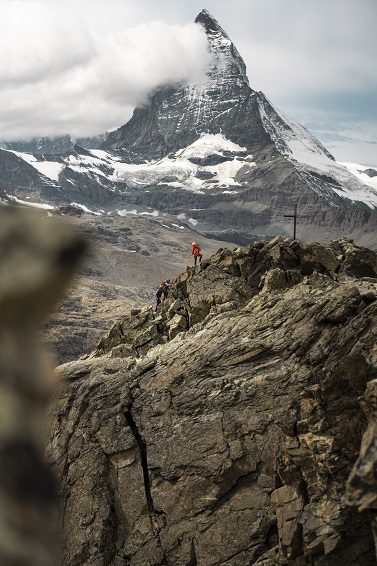
For Tashi and Nungshi, their dad is their mentor, manager, and coach. Col Malik is the one who does full research on each mountain, nature and challenges in that climb and briefs his daughters thoroughly. He is most intimately involved in risk assessment and mitigation besides drawing a training and nutrition programme for them. “Dad is a great motivator and is more like a buddy than a typical father. With him, we are absolutely like a team on a mission and we freely discuss possible injuries, death, and our plans in case of worst-case scenarios,” says Nungshi.
With a little divine help
Each time the sisters are on an expedition they carry Buddhist prayer flags with them. “The flags represent the five elements of Nature: earth, water, fire, air and space. Consciousness of these elements has helped us understand the laws of Nature and build a deeper intuition of how the universe operates. The constant fluttering of the flags spreads good karma around us.”

They have one piece of advice for people embarking on a journey. “We have been taught to follow our passion and our dreams by our parents. Life has taught us that if you follow your dream with all the commitment it takes, you will succeed. It may take its time and may test your limits many times over. But if you persevere, you will eventually realise your dream. No matter how many mistakes you make or how slow you progress, you are still way ahead of everyone who isn’t trying.”



